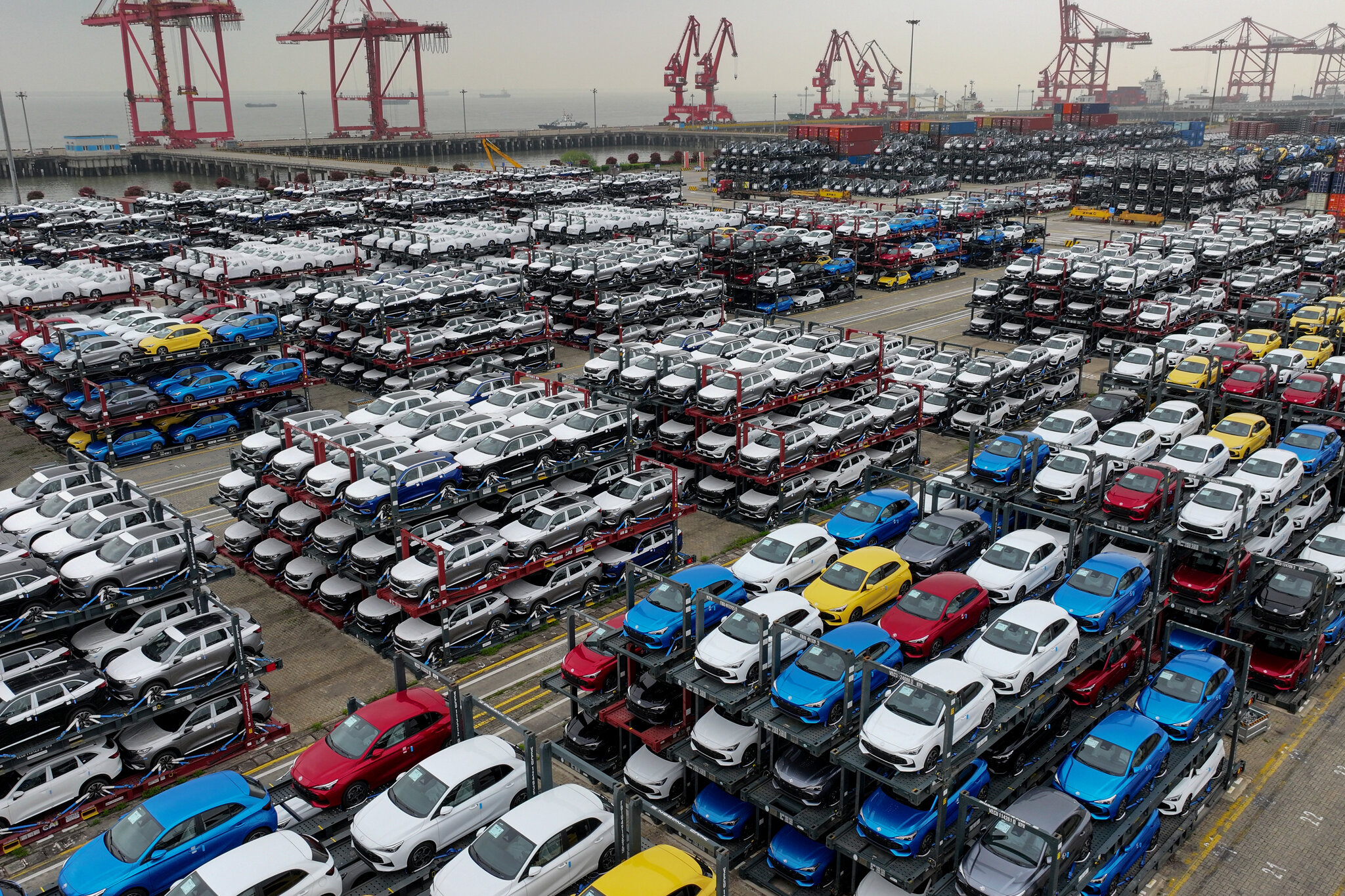
The world’s two most powerful countries, the United States and China, are meeting this week in Washington to talk about climate change. And also their relationship issues.
In an ideal world, where the clean energy transition was the top priority, they would be on friendlier terms. Maybe affordable Chinese-made electric vehicles would be widely sold in America, instead of being viewed as an economic threat. Or there would be less need to dig a lithium mine at an environmentally sensitive site in Nevada, because lithium, which is essential for batteries, could be bought worry-free from China, which controls the world’s supply.
Instead, in the not-ideal real world, the United States is balancing two competing goals. The Biden administration wants to cut planet-warming emissions by encouraging people to buy things like EVs and solar panels, but it also wants people to buy American, not Chinese. Its concern is that Chinese dominance of the global market for these essential technologies would harm the U.S. economy and national security.
Those competing goals will be on vivid display this week, as the Biden Administration’s top climate envoy, John Podesta, meets for the first time with his counterpart from Beijing, Liu Zhenmin, in Washington.











